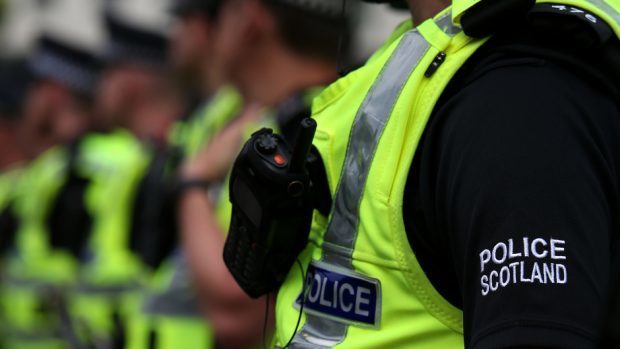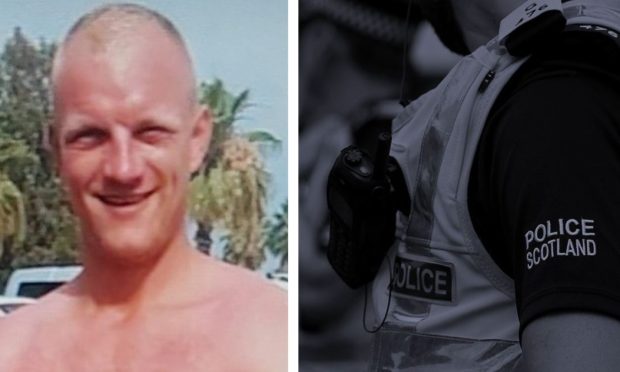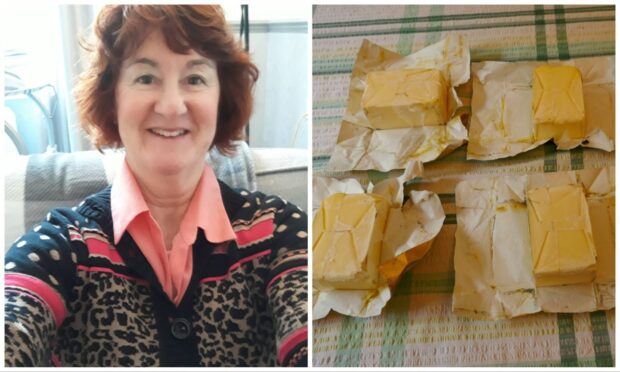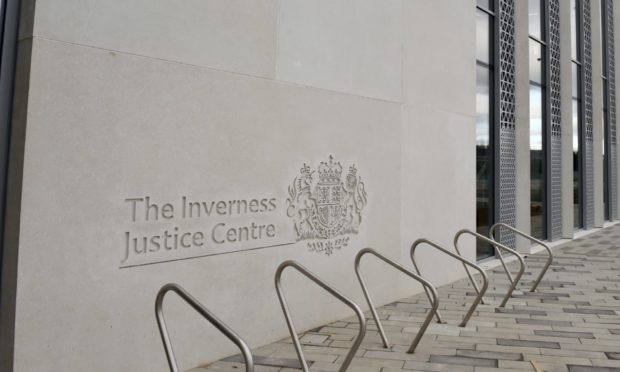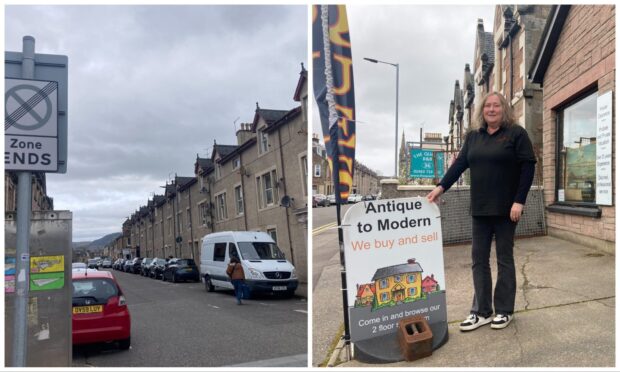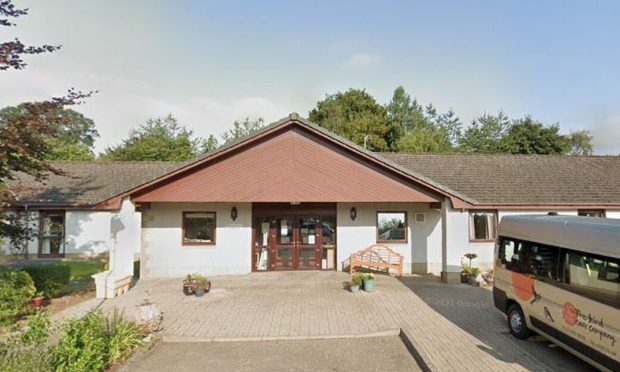Householders are being urged to be vigilant against a new Covid-19 text scam about fake “crisis grants” of £1,500.
Reports of fraud have significantly increased during the pandemic, with dozens of scams circulating across Scotland.
Now Highland Council has received reports this week of a new text scam offering fake support grants.
Individuals will receive a text message before being asked to check eligibility by clicking on a link that contains “gov.crisis-grant” – an unofficial government site – as part of an attempt to secure personal financial information.
Mark McGinty, trading standards team leader at Highland Council, said: “In this type of scam, the scammers are hoping that those in our community who are in real need of financial assistance will click on the link.
“The link clearly isn’t a link to an official government site and by clicking on it the recipient runs the risk of opening up their personal and financial data, which will likely be used for criminal purposes with no thought for the harm it may cause the individual concerned.”
Police have also launched an appeal in the Western Isles after fraudsters used the government’s guidelines on face coverings as a way to target islanders through a new phone scam.
The nuisance call involves the caller impersonating a police officer to frighten people into thinking they have broken the law by not wearing a face mask.
Islander Stephen Campbell was one of several victims targeted in the area. The fraudster told him he was PC Alan MacDonald from Stornoway Police Station and that he was investigating reports Mr Campbell had been in shops without a mask – demanding a list of premises he had visited in the last seven days.
Mr Campbell, who received the call at 11.25pm, described online that the man was “very aggressive and pushy” and had a “threatening manner”.
He wrote: “Worried for elderly or vulnerable who might end up terrified by these things.”
A police spokesman said: “The calls are not genuine and we are advising people not to give out any information and report the calls to police.”
Other scams have included people posing as local council staff, offering to buy groceries for self-isolating or shielding individuals, taking their money but failing to return.
Rogue traders have also offered cleaning services in order to disinfect driveways, properties and even doorbells of the virus.
Marjorie Gibson, head of operations with consumeradvice.scot, said: “Scammers are deliberately using the coronavirus crisis to target people for financial gain.
“Their sickening acts can have long-term consequences for people, both financially and emotionally.
“The scams can look very convincing, and anyone can fall for them.
“Telltale signs to look out for are unsolicited calls, emails or texts, or being asked for personal or security details.”
